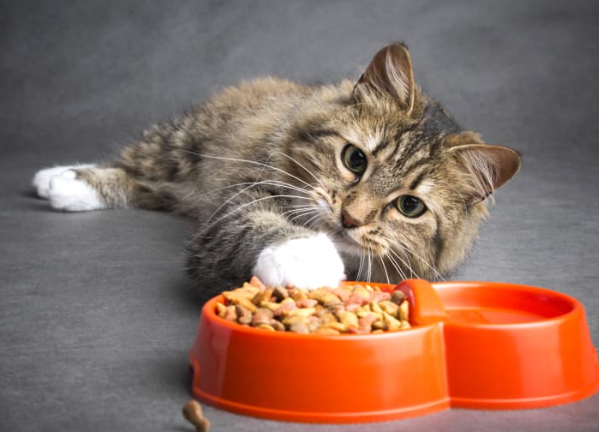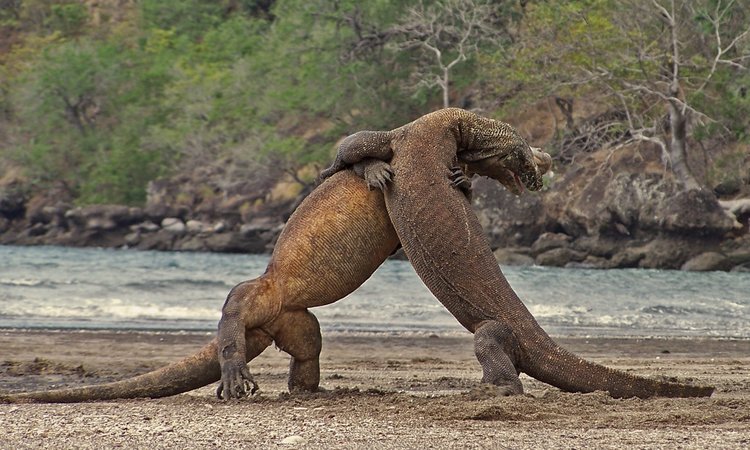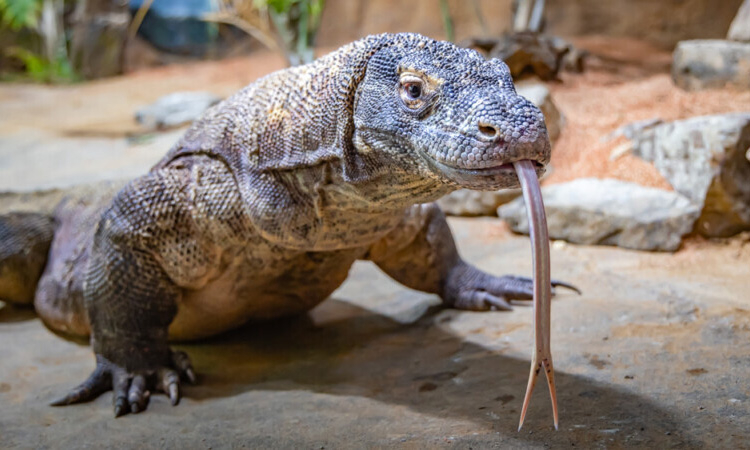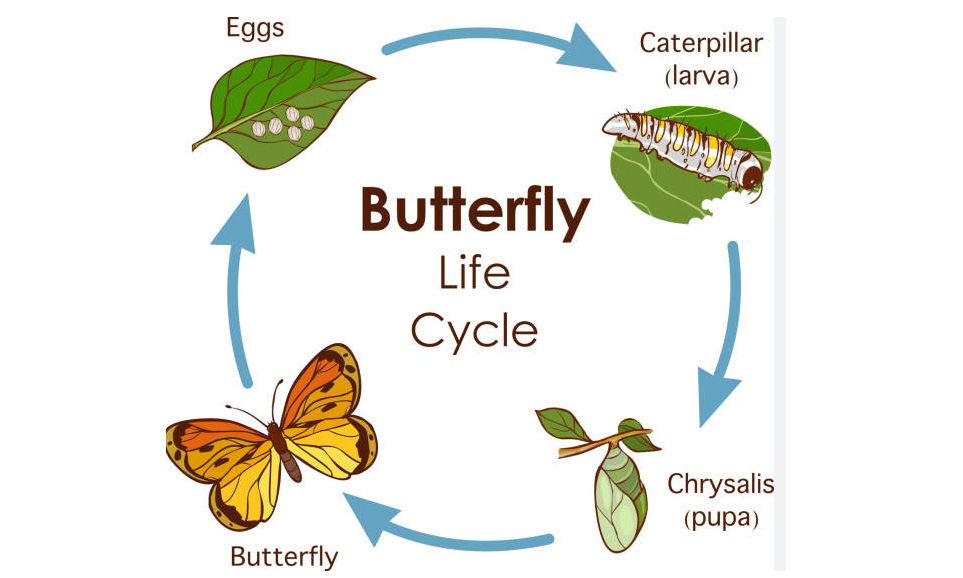Title: What to Do When Your Cat Won’t Eat
Introduction
It can be concerning when your beloved feline friend suddenly refuses to eat. Whether it’s due to stress, health issues, or simply picky preferences, understanding why your cat won’t eat is crucial for its wellbeing. This guide will help you identify potential causes and suggest ways to encourage healthy eating habits in your cat.
Changes in Environment or Routine
Cats are creatures of habit and can be sensitive to changes in their environment. A recent move, a new pet, or even a change in your daily schedule can upset your cat. If you’ve noticed your cat eating less, consider if there have been any recent changes that might be affecting its comfort. Try providing a calm environment and maintain a consistent feeding routine. Adding a cozy spot near its food bowl or using relaxation pheromones can also help ease any anxiety your cat may be experiencing.
Health Issues to Consider
If your cat’s refusal to eat persists, it might signal an underlying health issue. Dental problems, gastrointestinal discomfort, or more severe illnesses can impact a cat’s appetite. It’s essential to keep an eye on any other unusual behaviors, such as lethargy or changes in litter box habits. If your cat hasn’t eaten for more than 24 hours, consult your veterinarian for a thorough check-up. Early detection of health issues can be vital for recovery and ensuring your cat stays happy and healthy.
Picky Eaters and Food Preferences
Sometimes, your cat simply may not be fond of what’s in its bowl. Cats can be quite particular about their food texture, flavor, and even temperature. If you suspect your cat is being picky, try offering a variety of foods, including wet and dry options. Warming up canned food slightly can enhance its aroma, making it more enticing. Additionally, consider introducing new flavors gradually, mixing in a bit of treat or trying high-quality brands that are more appealing to your cat’s palate.
Conclusion
A cat that won’t eat can be a cause for concern, but understanding the reasons behind the behavior can help you take the necessary steps. Whether addressing environmental stress, health concerns, or food preferences, your kitty’s wellbeing is worth the effort. Don’t hesitate to reach out to your veterinarian for advice tailored to your cat’s specific situation. Actively engaging with your feline friend will help foster a better eating habit—and your bond will be even stronger for it!




